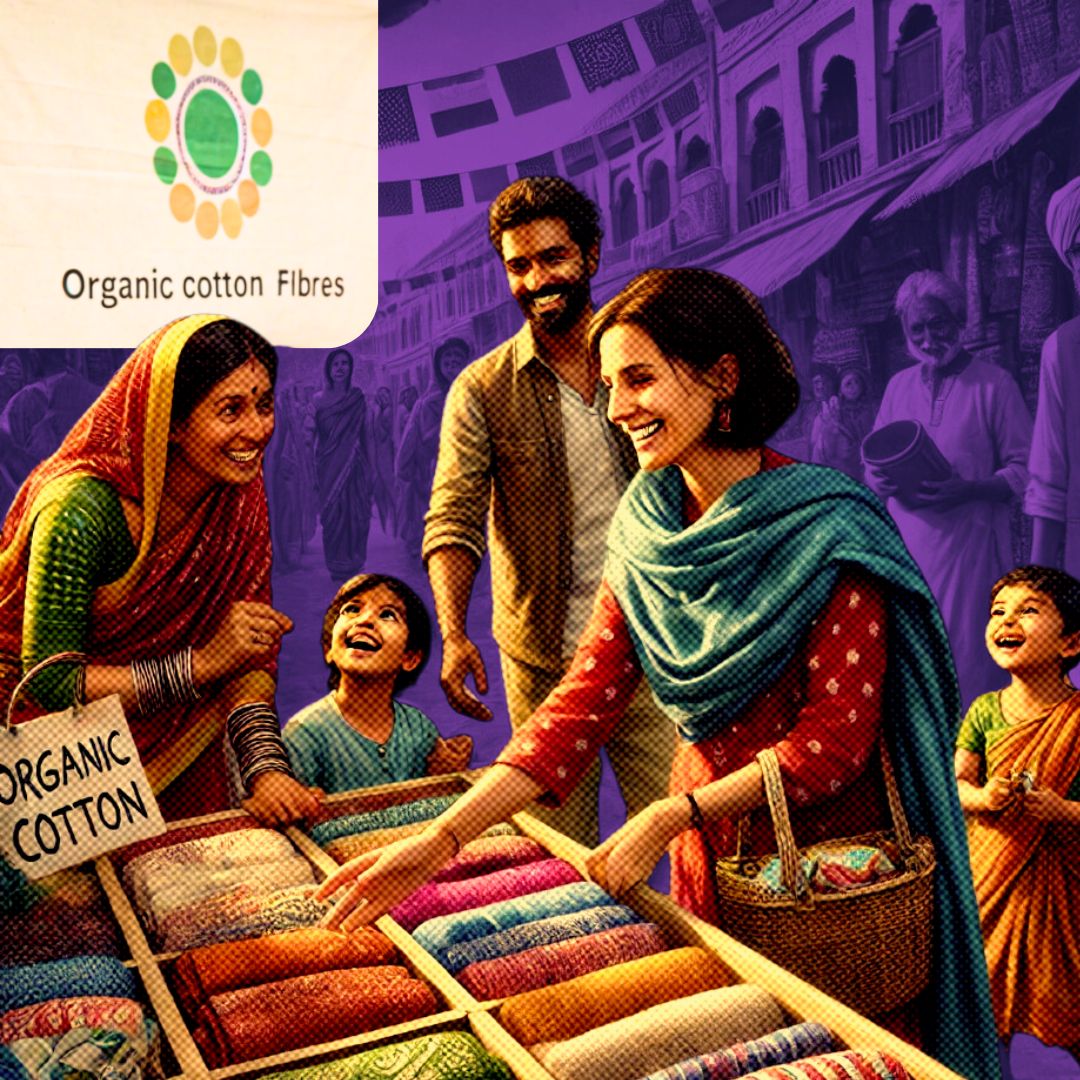Microplastics, tiny plastic particles less than 5 mm in size, are increasingly found in our environment, posing significant health risks to humans and wildlife. These pollutants originate from the breakdown of larger plastic items and are now prevalent in air, water, and food sources. Experts warn that microplastics can lead to respiratory issues, reproductive health problems, and cardiovascular risks.
To combat this crisis, individuals are encouraged to switch to natural fibres like cotton and linen, which do not shed harmful particles. Community initiatives and personal responsibility play crucial roles in reducing plastic pollution. As the urgency to address this issue grows, every small action counts towards creating a cleaner, healthier planet.
Understanding Microplastics: A Growing Concern
Microplastics originate from the degradation of larger plastic items and are found in various forms, including fibres, fragments, and beads. Their small size allows them to penetrate biological barriers, leading to potential health risks that are still being studied. Recent research indicates that microplastics can accumulate in human tissues and may be linked to a range of health issues, including oxidative stress, inflammation, and even cancer.
Health Impacts of Microplastics
The potential health impacts of microplastics are alarming. Studies have shown that these particles can lead to:
- Respiratory Issues: Inhalation of microplastics can cause oxidative stress in the lungs.
- Reproductive Health Problems: Research has found associations between microplastics and reduced fertility rates in males.
- Cardiovascular Risks: Emerging evidence suggests that microplastics may increase the likelihood of heart attacks and strokes.
Experts highlight the concerning presence of microplastics in human blood and tissues, raising significant red flags about their long-term effects on health.
The Role of Natural Fibres in Reducing Plastic Use
One effective way to combat the proliferation of microplastics is by switching to natural fibres. Synthetic fibres such as polyester and nylon shed microplastic particles during washing and wear, contributing significantly to environmental pollution. In contrast, natural fibres like cotton, wool, and linen are biodegradable and do not release harmful particles into the environment.
Benefits of Natural Fibres
- Environmental Impact: Choosing natural fibres reduces reliance on plastics and helps decrease the overall demand for synthetic materials.
- Healthier Choices: Natural fibres are often less likely to cause skin irritation or allergic reactions compared to synthetic options.
- Sustainability: Many natural fibre products are produced through sustainable practices that minimise environmental harm.
Personal Stories: Making the Switch
Take the example of Riya Sharma from Bangalore. After learning about the dangers of microplastics through a community workshop, she decided to overhaul her wardrobe. “I started buying clothes made from organic cotton and linen,” Riya shares. “Not only do I feel better knowing I’m reducing plastic waste, but I also find these fabrics more comfortable.”By opting for clothing, home textiles, and other products made from natural materials like Riya did, consumers can play a crucial role in reducing plastic pollution.
Taking Responsibility for a Plastic-Free Future
To foster a cleaner planet and mitigate the impact of microplastics on our health, collective action is essential. Here are some steps individuals can take:
- Reduce Single-Use Plastics: Opt for reusable bags, bottles, and containers to minimise plastic waste.
- Support Sustainable Brands: Choose companies that prioritise eco-friendly practices and use natural materials.
- Educate Others: Raise awareness about the dangers of microplastics and encourage friends and family to make informed choices.
Community Initiatives
Engaging in community clean-up efforts or supporting local organisations focused on reducing plastic pollution can amplify individual actions. For instance, local groups like “Plastic Free India” organise monthly beach clean-ups where volunteers collect debris while educating participants about sustainable practices.
Expert Insights
Experts emphasise that every small change counts. If everyone switched just one item from synthetic to natural fibres each year, we could significantly reduce our plastic footprint. This perspective reinforces the idea that individual consumer choices can collectively lead to substantial environmental change.
In light of recent findings revealing that microplastics have been detected throughout the human body—including blood—calls for action become even more urgent. Advocating for a shift towards sustainable practices not only in personal consumption but also within industries that produce goods reliant on synthetic materials is essential.
Conclusion: Every Action Counts
As we navigate the complexities of modern living amidst rising plastic pollution levels—predicted to double by 2040 if current trends continue—it is imperative that we recognise our role in this crisis. By making conscious choices—such as switching to natural fibres and reducing plastic use—we contribute to a healthier environment for ourselves and future generations. The path toward a cleaner Earth begins with every little action we take today.
The Logical Indian’s Perspective
At The Logical Indian, we believe that fostering a sustainable future requires kindness, empathy, and dialogue among communities. The issue of microplastic pollution is not just an environmental challenge; it is a call for collective responsibility towards our planet. By embracing natural alternatives and reducing our reliance on plastics, we can cultivate harmony with nature while promoting positive social change. Together, let us champion coexistence with our environment—after all, every small action contributes to a larger movement for peace and sustainability.
How do you plan to reduce your plastic footprint? Share your thoughts with us!











